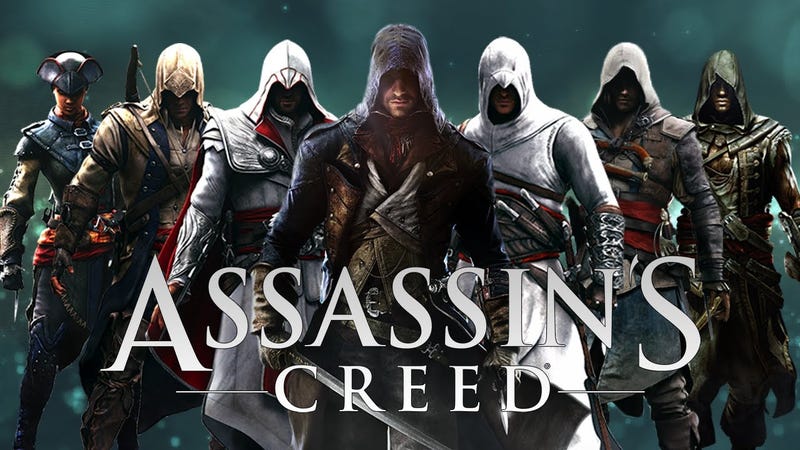You don’t need to go to the theater to get the full experience of Zoolander 2. Simply get your hands on a copy of the original, watch it, and then yell a bunch of unfunny topical lines every time somebody tells a joke. That’s how it feels to watch Ben Stiller’s sequel to his 2001 spoof of the fashion industry: Zoolander 2takes pains to reference every successful gag you remember from the original, and then embellish them in painful—often offensive, almost always outdated—fashion. It’s a film that has no real reason to exist, and it spends its entire running time reaffirming that fact.
The original Zoolander, to be fair, had no business being as funny as it was—it made fun of an industry that already seems to exist in a constant state of self-parody, and much of its humor relied on simple malapropisms and sight gags. But it was hilarious anyway as a candid snapshot of the fizzling-out of ’90s culture. Like almost any zeitgeist comedy, it belonged to a particular moment—and boy, should it have stayed there. WithZoolander 2, Stiller (who directed, co-wrote, and stars) tries to recapture the magic of 2001 by referencing its past glories with increasing desperation, perhaps to avoid the fact that he has nothing new to say about the fashion industry or celebrity culture 15 years laters.
There are, though, some topical gags about society as it exists today. For example, cellphones used to be small, and now they’re big again. Also, it’s fashionable to say that things are “farm-to-table,” and millennials seem to spend all their time pretending they aren’t excited or sincere about anything. Some of these observations are more accurate than others, but none of them could be called insightful. Other jokes land with a nastier thud, like the androgynous model “All” (played by Benedict Cumberbatch) who’s become the toast of the town during Derek Zoolander’s (Stiller) 15-year hiatus. Maybe there’s a point to be made here about how the fashion industry blandly tries to seize onto whatever trends it haphazardly identifies in society, but not when most of the jokes amount to Derek and Hansel (Owen Wilson) trying to guess if All has “a hot dog or a bun.”
Where the first film cleverly poked at the fashion world from outside its cloistered establishment, Zoolander 2 is clearly playing with house money. It’s roped in a cavalcade of industry stars who are loudly announced every time they appear on screen—Anna Wintour, Tommy Hilfiger, Valentino, Alexander Wang, Kate Moss, Marc Jacobs, Vera Wang, and more—but who seem unaware that they’re being satirized, partly because the jokes fall so flat. When in doubt, Zoolander 2 reaches for a celebrity appearance—there’s Katy Perry, Justin Bieber, Neil DeGrasse Tyson, others I’ve already forgotten—but does nothing with them.
The story concerns Zoolander returning to public life after going into seclusion following the death of his wife (Christine Taylor) from the first film. Drawn into a web of celebrity murders that seem tied to his legendary “Blue Steel” pose (the first of many opportunities the film takes to load up on the star cameos), Derek and Hansel are dragged back onto the scene to try and get to the bottom of things. The villainous Mugatu (Will Ferrell) is of course involved, as is a new designer mogul, the ridiculously-accented Alexanya Atoz (Kristen Wiig). Penelope Cruz plays a helpful Interpol agent, and unfortunately, there’s also a Derek Zoolander Jr. involved, played by the young Cyrus Arnold.
It should be a rule for sequels like these to avoid subplots about mirthless children, but it’s a mistake almost all of them manage to make. I’m reminded ofAnchorman 2: The Legend Continues from 2013, a similarly unnecessary work that failed to build on its masterful predecessor and devoted way too much of the story to its main character’s stoic heir. Zoolander 2 makes Anchorman 2 look like tasteful piece of fine art, though—the former leans heavily on the joke that Derek’s kid is chubby and unattractive. Yes, the empty-headed models might be the ones technically being satirized here, but that feels like a disingenuous excuse when you consider how eager and gleeful the film is about mocking the child.
Which lies in sharp contrast to Stiller’s original film: Zoolander had a strangely touching grasp on its tiny-brained protagonist and won you over partly by making his tiny progressions (he learns to turn left! he emotionally connects with a normal human being!) feel like real achievements. Derek Zoolander may have been a fool, but his inherently good nature always redeemed him. Fifteen years later, he’s regressed to someone who has to learn to be nice to his son—as if he’d forgotten what it’s like to have a father who’s ashamed of you (“Merman!”). At this point, there’s only one way to redeem this character, and that’s to pretend this movie never existed.

